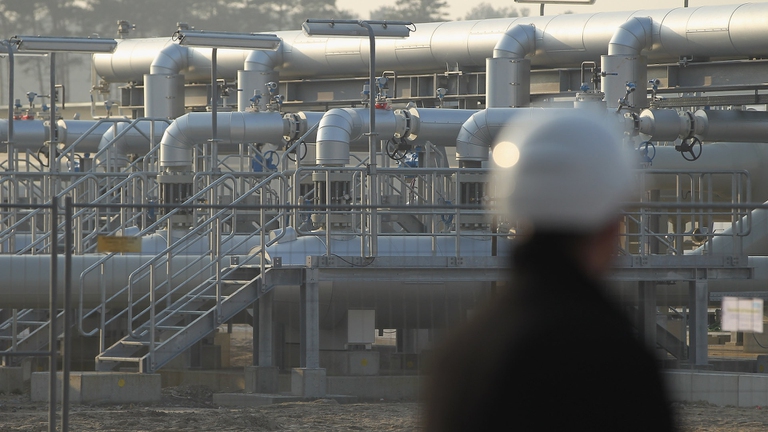https://www.lifegate.it/commissione-europea-razionamento-del-gas
- |
- On 20 July 2022, the European Commission proposed the gas rationing plan.
- From 1 August 2022 to 31 March 2023, European states will have to cut consumption by 15 percent.
Save gas for a safe winter.This is the deliberately reassuring name that the European Commission wanted to give to what is, to all intents and purposes, a gas rationing plan.A necessary measure to address the risk of further supply cuts by Russia.
How the gas rationing plan works
In concrete terms, therefore, on 20 July 2022 the European Commission proposed a new Council regulation which would require all member states to reduce gas demand by 15 percent as early as August 1, 2022, until March 31, 2023.This gas rationing would affect all types of consumers:families, industries, public administrations, electricity suppliers, owners of public buildings.Individual states would have until September to communicate to the European institutions how they intend to reduce their gas needs, and then keep it updated every two months on the progress made.
On the basis of the new regulation, the Commission would also acquire the power to declare one state of alarm, after consulting the member states.In this circumstance, cuts in demand would no longer be a request but an obligation.

What are the alternatives to gas
The President of the European Commission Ursula von der Leyen has a harsh tone.“Once again we have testing times ahead of us.I have faith that we can overcome this energy crisis, together.Russia's attempt to blackmail us this winter will fail.We will come out stronger."
But what are, at the moment, the alternatives to gas?The option supported by the European Commission itself is that of renewable energy.In 2020 they they satisfied 22.1 percent of the Union's needs, one percentage is the Commission would like to bring at least 45 percent by the end of this decade.In its statement, however, the institution led by von der Leyen admits that "it may be necessary to temporarily rely on the coal, on the petrolium or on nuclear, provided we avoid long-term dependence on carbon."
